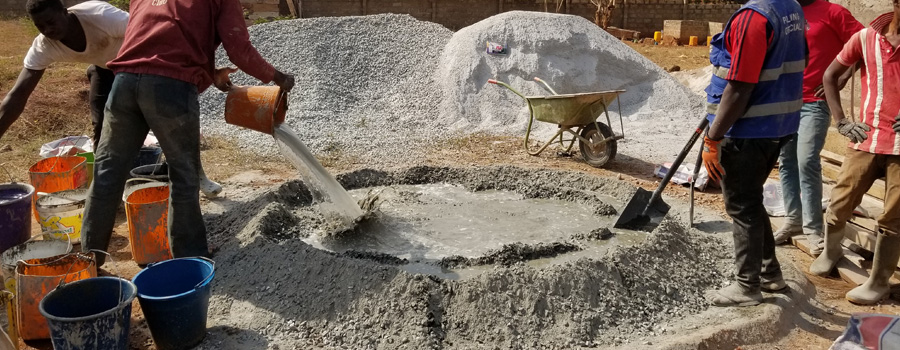Blog Post

Ready mix concrete (RMC) has become increasingly popular in construction projects over the years, as it provides several advantages compared to onsite concrete mixing. With the growing emphasis on reducing environmental impact, minimizing waste, and optimizing construction timelines, the preference for RMC is expected to continue. This article will explore the key reasons why ready mix concrete is preferred over onsite concrete mixing.
Quality Control and Consistency
One of the primary reasons RMC is favored over onsite concrete mixing is the high level of quality control and consistency it offers. RMC plants are equipped with advanced technologies and equipment, which ensure that the concrete produced meets the specified standards in terms of strength, durability, and composition. In contrast, onsite concrete mixing can be prone to inconsistencies due to human error, weather conditions, and limitations in mixing equipment. This superior quality control translates to better structural integrity and a longer lifespan for the construction project.
Time and Cost Efficiency
Using RMC saves time and reduces labor costs, as it eliminates the need for onsite mixing and storage of raw materials. With RMC, the concrete is prepared at a central plant and then delivered to the construction site in specialized trucks. This allows for a continuous supply of concrete, which enables faster construction and minimizes downtime.
Moreover, RMC plants can produce large volumes of concrete in a short period, ensuring that large-scale projects can be executed more efficiently. Onsite mixing, on the other hand, requires significant manual labor and time for setup, mixing, and clean-up, which can increase project costs.
Reduced Material Wastage
RMC production is a more sustainable choice, as it reduces material wastage. In an RMC plant, raw materials are precisely measured and mixed, ensuring that only the required amount of concrete is produced. This eliminates the problem of excess concrete, which often occurs in onsite mixing and leads to wastage.
Furthermore, RMC plants often have recycling systems in place, allowing them to reuse water and other materials in the production process. This not only minimizes wastage but also reduces the environmental impact of the construction industry.
Customized Mix Design
Ready mix concrete plants can cater to a wide range of project requirements by offering customized mix designs. This allows contractors to choose the specific mix that best suits their needs in terms of strength, workability, and other desired properties. With onsite mixing, creating a custom mix can be more challenging, as it requires a higher level of expertise and access to specialized materials.
Storage and Space Savings
RMC plants handle the storage of raw materials and concrete production, which frees up valuable space at the construction site. This can be particularly beneficial for urban projects, where space constraints are common. Onsite concrete mixing, on the other hand, requires dedicated space for storing raw materials, setting up mixing equipment, and managing waste disposal. By choosing RMC, contractors can optimize the use of available space and improve overall site organization.
Environmental Benefits
RMC production is generally more environmentally friendly than onsite concrete mixing, as it involves a centralized process that minimizes pollution and resource consumption. RMC plants use advanced dust collection systems, which reduce air pollution, and efficient water management systems, which minimize water wastage. Furthermore, the reduction in material wastage and the use of recycled materials contribute to a lower environmental footprint.
Conclusion
Ready mix concrete offers numerous advantages over onsite concrete mixing, including better quality control, time and cost efficiency, reduced material wastage, customized mix designs, storage and space savings, and environmental benefits. These factors have contributed to the increasing preference for RMC in construction projects, and this trend is expected to continue as the industry seeks more sustainable and efficient solutions.